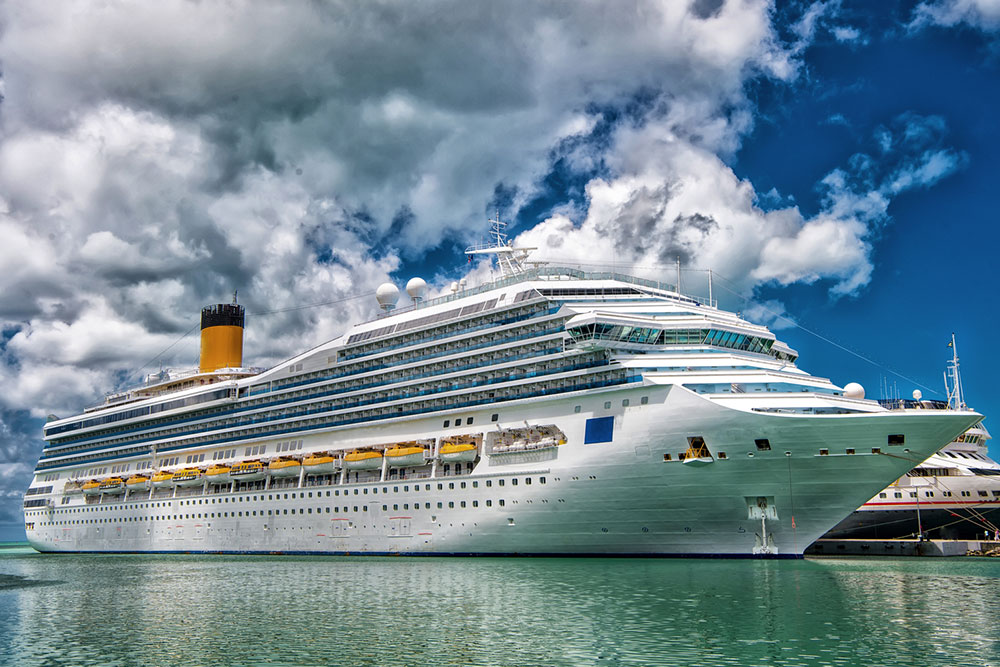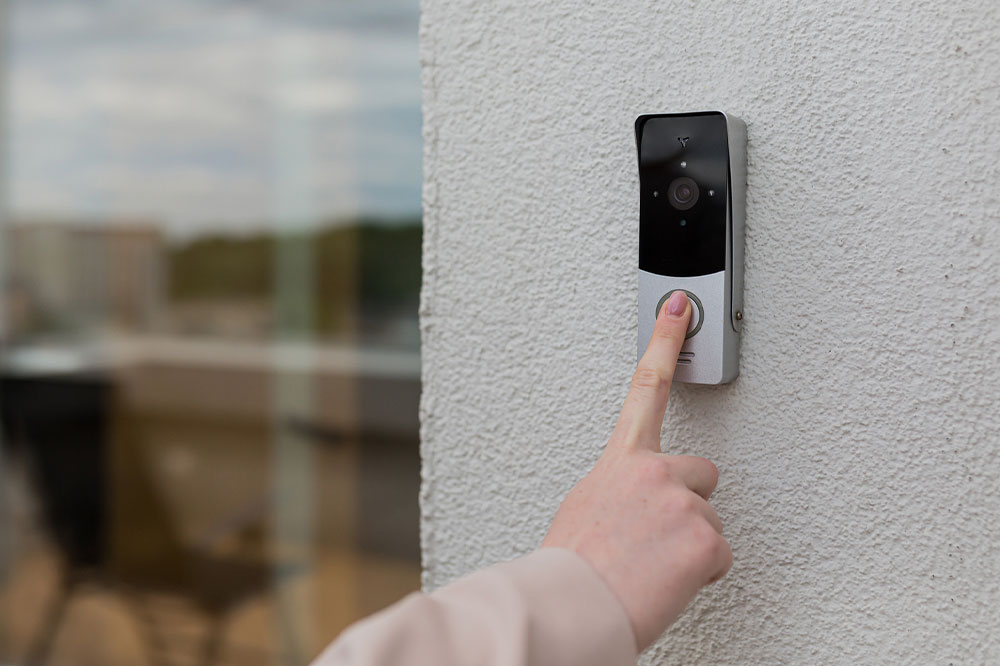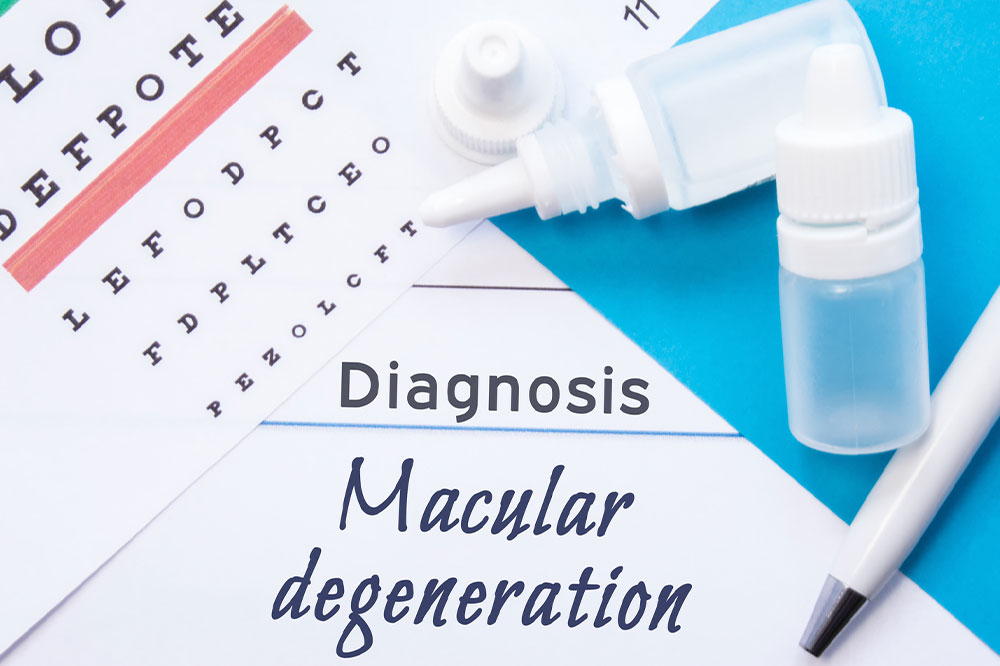6 reasons to buy cruise insurance

Cruise trips let one relax and enjoy the open seas. While aboard, individuals can benefit from several entertainment options and amenities. There are dance sessions, indoor games, pools, parties, live music, delicious food, and lots more. Still, cruise trips can be expensive and sometimes even lead to unexpected incidents. That’s why having cruise insurance is important. It covers the cost of dealing with unforeseen circumstances, ensuring one’s holiday does not lead to financial hardships.
Cancellation coverage
When booking a vacation, one must always be open to the possibility of things not working out. There might be changes at work, a last-minute invitation to an important event, or something else one cannot control. In such situations, one might have to cancel their trip. One might even need to cancel because their health hasn’t been great the last few days or a family member has had a health emergency. Canceling the cruise booking can lead to a lot of worry because the individual might lose the money they put into making the reservations. Sure, one can try using their travel insurance, but most cruise bookings have strict policies for cancellations that regular travel insurance might not cover. People can lose all the money they put into the vacation without even having the chance to enjoy it. But with cruise insurance, travelers can rest assured that they will not lose money because of last-minute cancellations. Most cruise insurance policies cover cancellations in unforeseen events, so one can enjoy the peace of mind that they will get a refund for their cruise expenses.
Health emergencies
Today, most ships have advanced medical facilities and experienced staff who can handle health issues and basic emergencies. Still, one can never depend on the onboard health amenities for everything. Some medical conditions might require the individual to be taken to a shoreside hospital or facility for proper treatment. Emergency evacuation or being airlifted in such a situation can cost thousands of dollars, creating a huge dent in one’s finances. So, here’s another scenario where cruise insurance is handy. It helps cover the cost of treatment, evacuation, and transportation back home without the insured paying a lot from their pocket. The individual can enjoy their vacation knowing they are financially secure if they fall ill and the situation worsens. While Medicare also covers health issues on a cruise trip, several stringent terms and conditions exist. For example, it does not cover healthcare services if the ship is over six hours away from a port within the country.
Lost baggage
Many who travel encounter the problem of delayed or lost luggage. This problem is not restricted to just airports. It could happen regardless of the means of transport one chooses. Signing up for cruise and traveler insurance can help people in this situation, as it covers damaged, delayed, or lost baggage. The compensation the insurance company provides saves people the worry of continuing the trip with limited resources. Till the luggage is located, one can buy whatever they need and continue the vacation. Such an insurance policy ensures the individual does not have to sweat it and stress because of someone else’s mistake.
Financial stability
If a cruise line gets into financial trouble, it can affect those planning a vacation with them. The company may cancel the trip, causing people to lose money and be disappointed because of their failed vacation plans. This headache can be saved if one gets cruise insurance while booking their tickets. The policy will provide them with much-needed financial protection and ensure they do not lose money from their pocket. It will also take care of the situation if guests are left stranded someplace because of the shortcomings of the travel provider.
Personal assistance
An added benefit of signing up for cruise travel insurance is that one gets access to round-the-clock emergency assistance. People can dial the hotline and ask for support, guidance, or assistance during the journey. The hotline can address one’s travel-related questions, answer medical queries, and take care of emergencies. One can even dial the number if they need help planning the trip. Some people might have questions regarding the personal medical equipment they must carry, which the hotline can answer. The cruise insurance might also assist people with what they should do or how they should get in touch with the cruise in case they miss boarding.
Bad weather reimbursement
Natural events like earthquakes, hurricanes, and tsunamis can cause trouble during a sea adventure. Cruise ships are equipped with safety gear and protocols to care for the passengers and the crew under such conditions. But if the weather worsens, the trip may be cut short, or the route might have to be changed. People without cruise insurance might have a hard time getting a refund in such cases and lose hard-earned money. So, signing up for a policy is better than leaving things to chance. Many cruise insurance plans cover interruptions due to bad weather and ensure clients do not suffer through no fault of their own. Unforeseen circumstances are stressful enough , and traveling without insurance can add to the worry.







